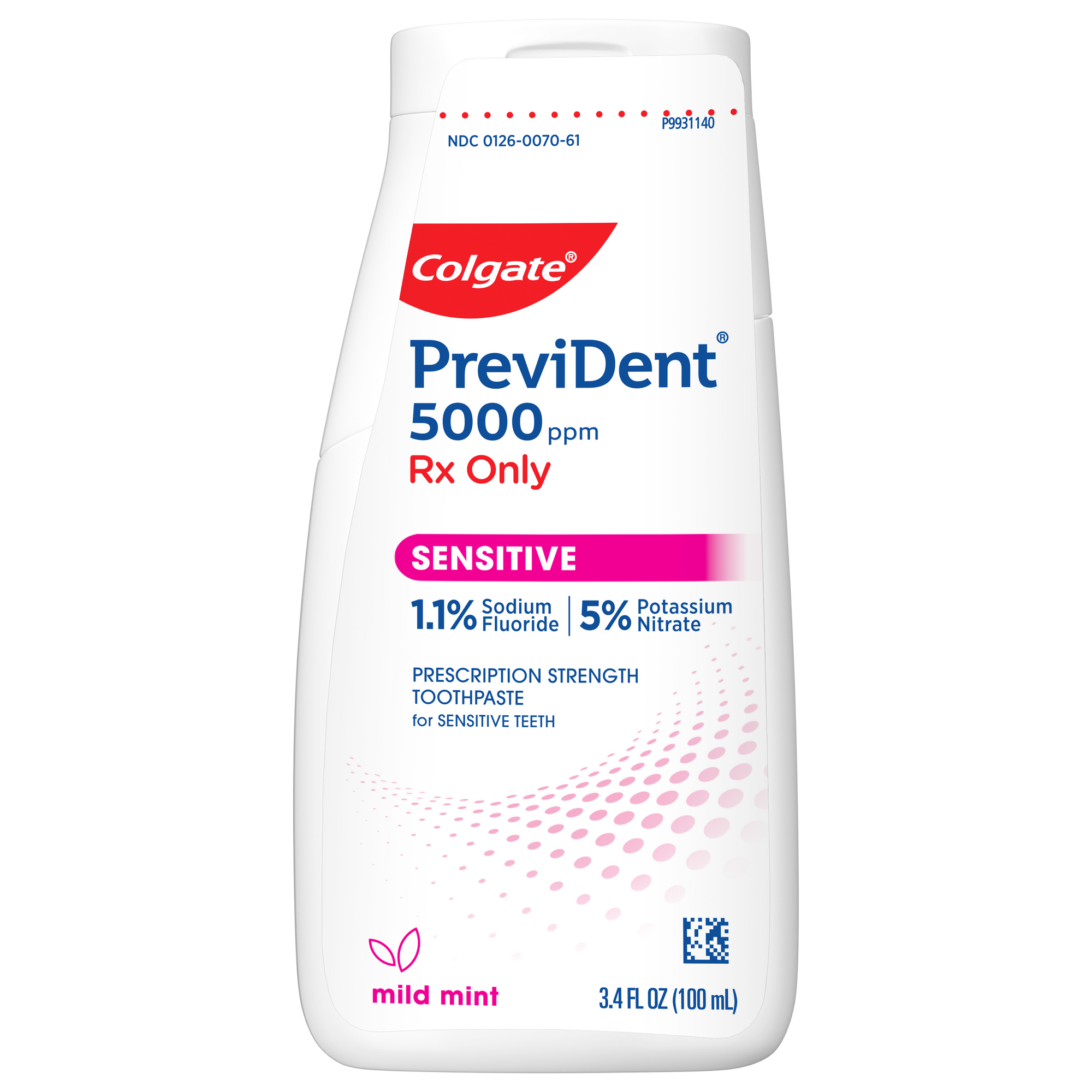Cold Sore 101
Sun exposure, temperature changes, and stress can trigger cold sores (also referred to as fever blisters), which are caused by the herpes simplex virus, type 1 (HSV-1). Cold sores are contagious and spread through person to person contact. According to Mayo Clinic, cold sores begin as patches of tiny fluid-filled blisters around your lips. The blisters break and form a scab. It takes one to two weeks for a cold sore to heal.
Toothpaste on Cold Sore: Theory
According to the Wound Care Society, applying toothpaste to cold sores during their blister phase may make the area numb, dry out the blisters, and keep them from getting larger. Most toothpaste contains Sodium Lauryl Sulfate (SLS), an ingredient believed to hinder cold sore blisters.
Toothpaste on Cold Sore: Method
If you want to try the toothpaste treatment, apply a thin layer of white, non-gel SLS toothpaste to the area where you think a cold sore will appear. Many people feel an itching or tingling before a cold sore erupts. Apply this at night before you go to bed and every hour or every two hours during the day. Remove the toothpaste with a soft cloth dampened in warm water. You may also try this same technique to help dry out cold sore blisters.
In addition to toothpaste, another option the Wound Care Society mentions is combining salt with toothpaste. They recommend applying this combination before bedtime and leaving it on overnight. They said this might make your cold sore heal faster than usual.
Toothpaste on Cold Sore: Facts
There is no scientific evidence showing that toothpaste cures cold sores. Right now, all claims are anecdotal. Researchers have not conducted any studies.
According to Cedars Sinai, antiviral ointments and oral medications may help with healing. For pain relief, you can try over-the-counter ointments and oral anti-inflammatory medications.
Other Cold Sore Preventatives
There are no proven preventatives. However, if you’ve never had a cold sore, avoid skin to skin contact with someone who has one. If you have had a cold sore in the past, figure out what your triggers are. For example, if sunlight causes your cold sores, wear sunscreen. According to Cedars Sinai, if you start treatment as soon as you feel a cold sore coming on, healing time may be faster.
Cold sores are a painful annoyance. Toothpaste may or may not provide relief or shorten healing time. Taking antivirals and over-the-counter pain medication can help you manage an outbreak. If you’ve had cold sores before, try and figure out what is triggering them and treat that. If you get cold sores often, you should let your healthcare provider know.
This article is intended to promote understanding of and knowledge about general oral health topics. It is not intended to be a substitute for professional advice, diagnosis or treatment. Always seek the advice of your dentist or other qualified healthcare provider with any questions you may have regarding a medical condition or treatment.
ORAL HEALTH QUIZ
What's behind your smile?
Take our Oral Health assessment to get the most from your oral care routine
ORAL HEALTH QUIZ
What's behind your smile?
Take our Oral Health assessment to get the most from your oral care routine















